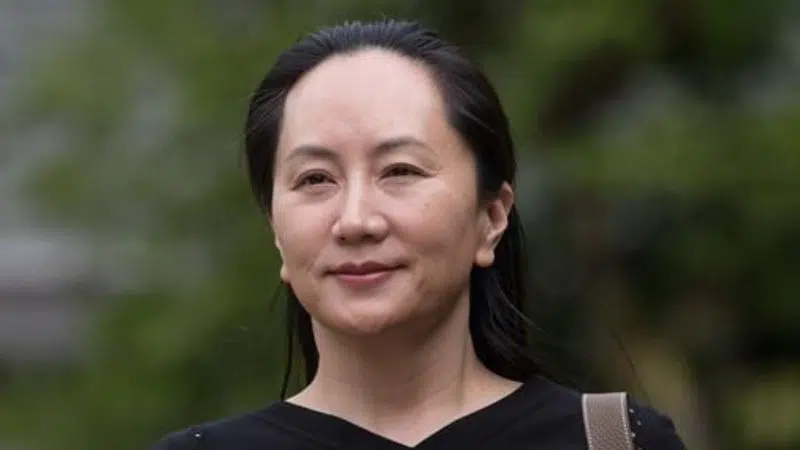
No evidence FBI, RCMP directed border guards’ examination of Meng Wanzhou: Crown
VANCOUVER — There’s no evidence to support a “conspiracy” theory that United States officials directed Canadian border guards to interrogate Huawei Technologies executive Meng Wanzhou at Vancouver’s airport, a Crown prosecutor says.
Defence lawyers argue that the Federal Bureau of Investigation, the RCMP and Canada Border Services Agency conspired to obtain information from Meng during an admissibility exam in order to advance a criminal case against her in the U.S.
Meng was passing through the airport on Dec. 1, 2018, when Canadian border guards questioned her about Huawei’s business in Iran and seized her electronic devices before the RCMP executed a provisional arrest warrant.
John Gibb-Carsley, representing the federal Justice Department, told a British Columbia Supreme Court judge Wednesday there’s no proof the FBI or RCMP ordered border guards to conduct the exam or provided questions to them.


